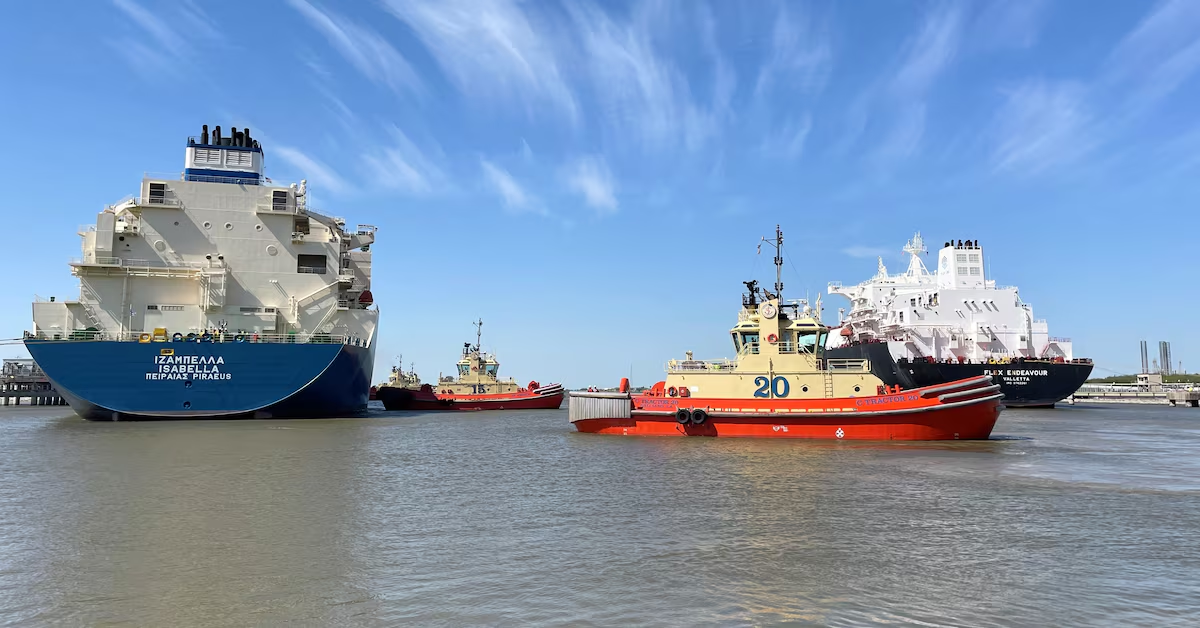Major global pharmaceutical companies, undeterred by escalating Sino-US tensions, are actively seeking deals in China to replenish their drug pipelines and enhance their presence in the world’s second-largest pharmaceutical market, according to industry executives and investment bankers.
This year has already seen significant transactions, including AstraZeneca’s $1.2 billion acquisition of China-based cell therapy developer Gracell Biotechnologies and Novartis’ purchase of the remaining shares of kidney disease therapy firm SanReno Therapeutics for an undisclosed sum.
Bristol Myers Squibb and Sanofi are also on the lookout for acquisitions, even as some competitors have begun to withdraw from China due to COVID-related supply chain issues, local economic slowdowns, and price reductions required for state insurance listings.
Foreign interest in Chinese drugmakers is seen as a lifeline for struggling local firms and investors eager to exit amid tighter IPO regulations, which have pressured businesses facing difficulties in raising funds for research.
Manas Chawla, CEO of London Politica, a global political risk advisory firm, noted that acquisitions could help multinational companies reduce costs, access innovative technologies, and tap into China’s large consumer market. However, he also warned of the risks, given the bipartisan consensus in the US on taking a tough stance towards China.
Historical data from LSEG reveals that foreign acquisitions of Chinese healthcare companies have been relatively low, totaling $720 million by mid-July, a 52% decrease compared to the previous year. This contributes to the lowest acquisition total for the same period in a decade.
Bristol Myers Squibb is seeking “bolt-on opportunities,” particularly in areas like antibody-drug conjugates for cancer treatment, according to Liang Wu, the company’s business development head. Sanofi is also exploring biotechnology acquisitions in China, though specific details remain undisclosed.
AstraZeneca, Bristol Myers Squibb, and Novartis have not yet commented on their strategies.
Sophia Wu of BDA Partners noted that multinational companies are interested in acquiring biotech firms and innovative drug companies in China, with promising growth areas including women’s health, aesthetics, neurology, and auto-immunity.
Aspen Pharmacare, a South African pharmaceutical company, is expanding beyond China to mitigate risk while continuing to explore Chinese assets. China represents about 10% of Aspen’s global revenue, though the company operates in numerous other countries.
Larry Merizalde, Aspen’s China CEO, acknowledged the risks in China, including potential conflicts or economic downturns impacting the pharmaceutical market.
Political risk advisory firms like Eurasia Group are being consulted by healthcare companies to assess the implications of continuing operations in Beijing versus pursuing joint ventures or acquisitions of local firms. Increased regulatory scrutiny, particularly regarding data transfer restrictions, has raised concerns among investors and pharmaceutical companies.
Navigating China’s regulatory landscape for acquisitions involves a complex process, including antitrust reviews and scrutiny over equity and intellectual property transfers. Recent discussions have also focused on potential extensions of China’s data transfer restrictions, reflecting broader US concerns about supply chain dependence and economic security.



